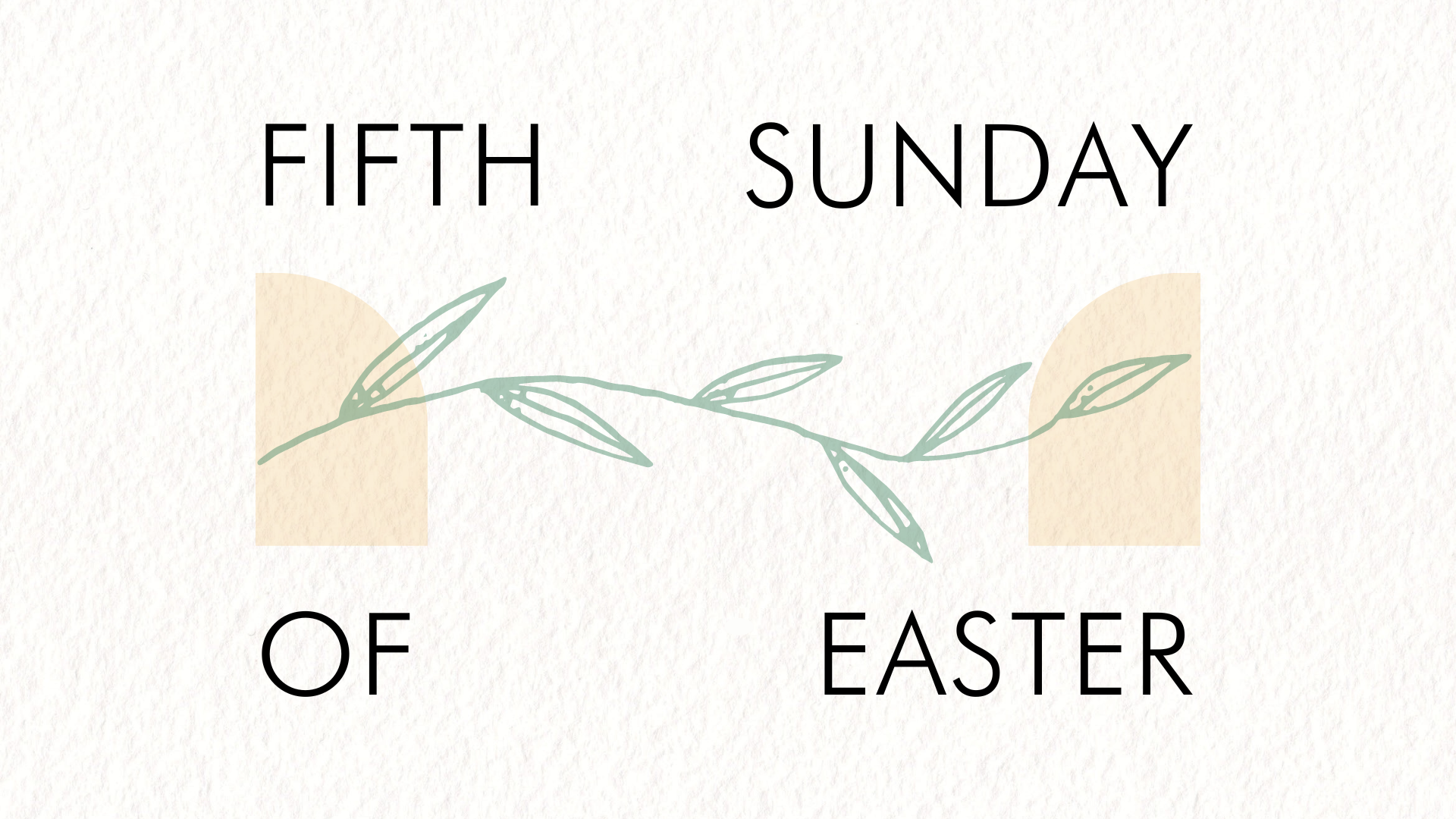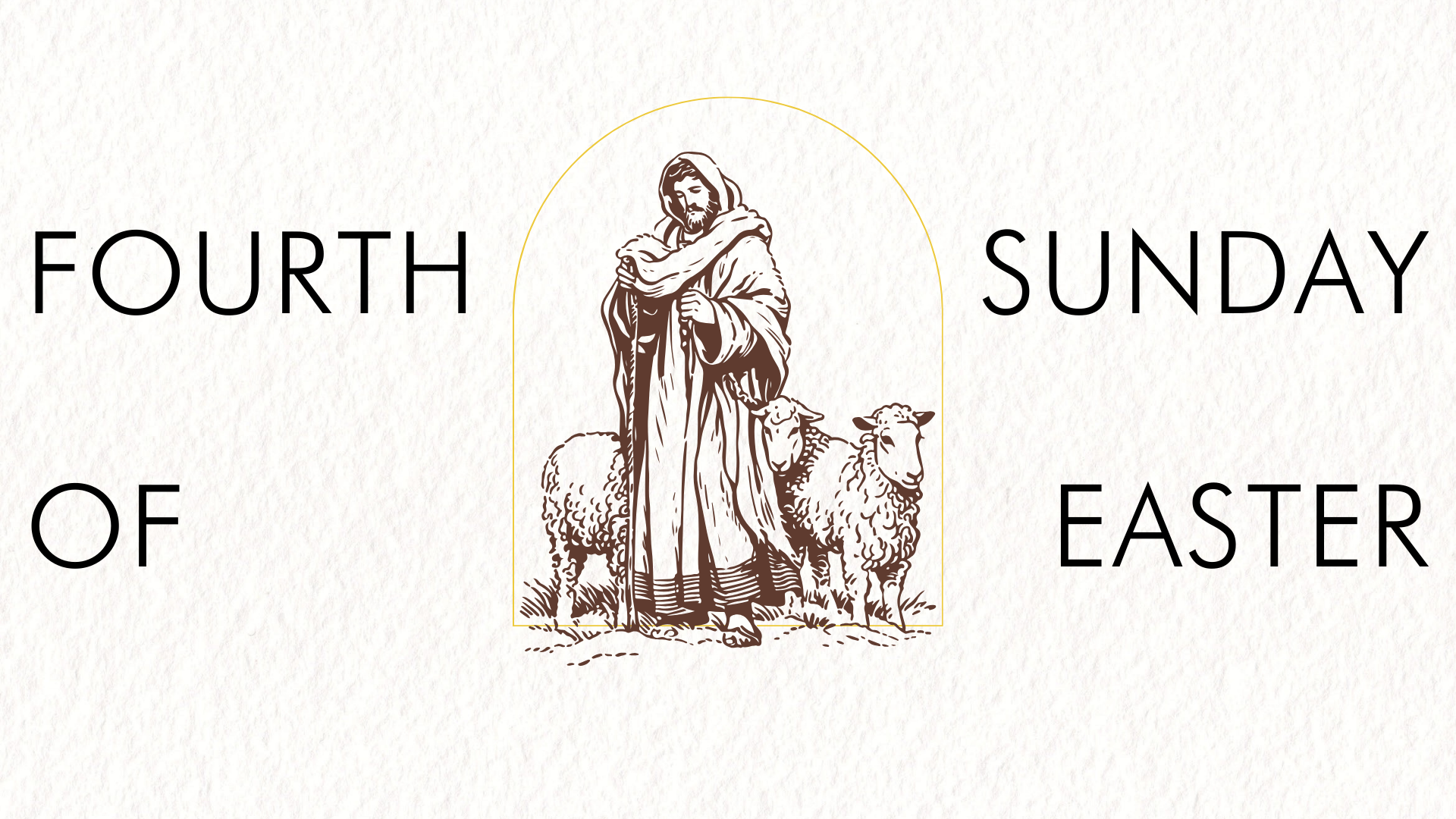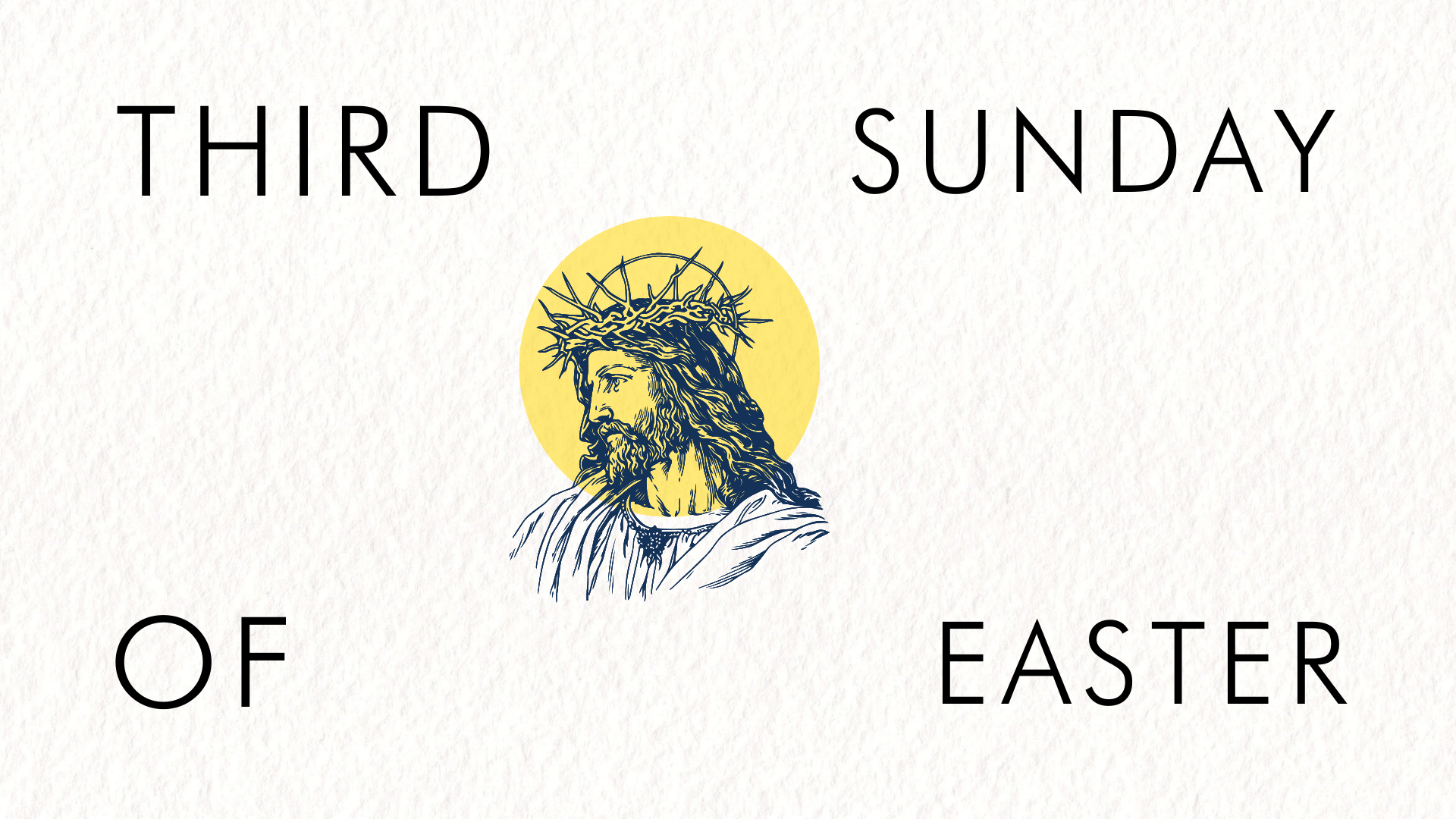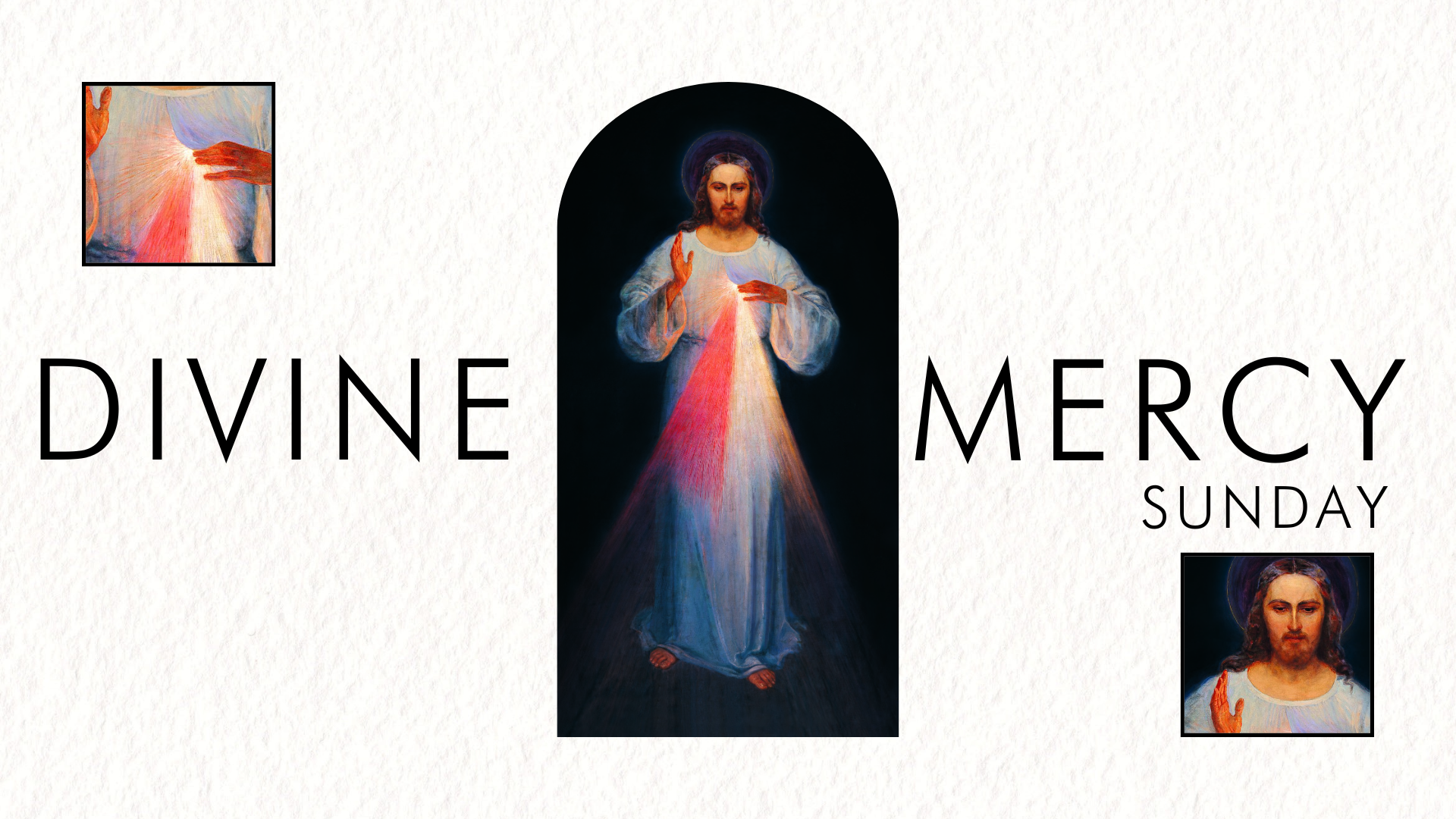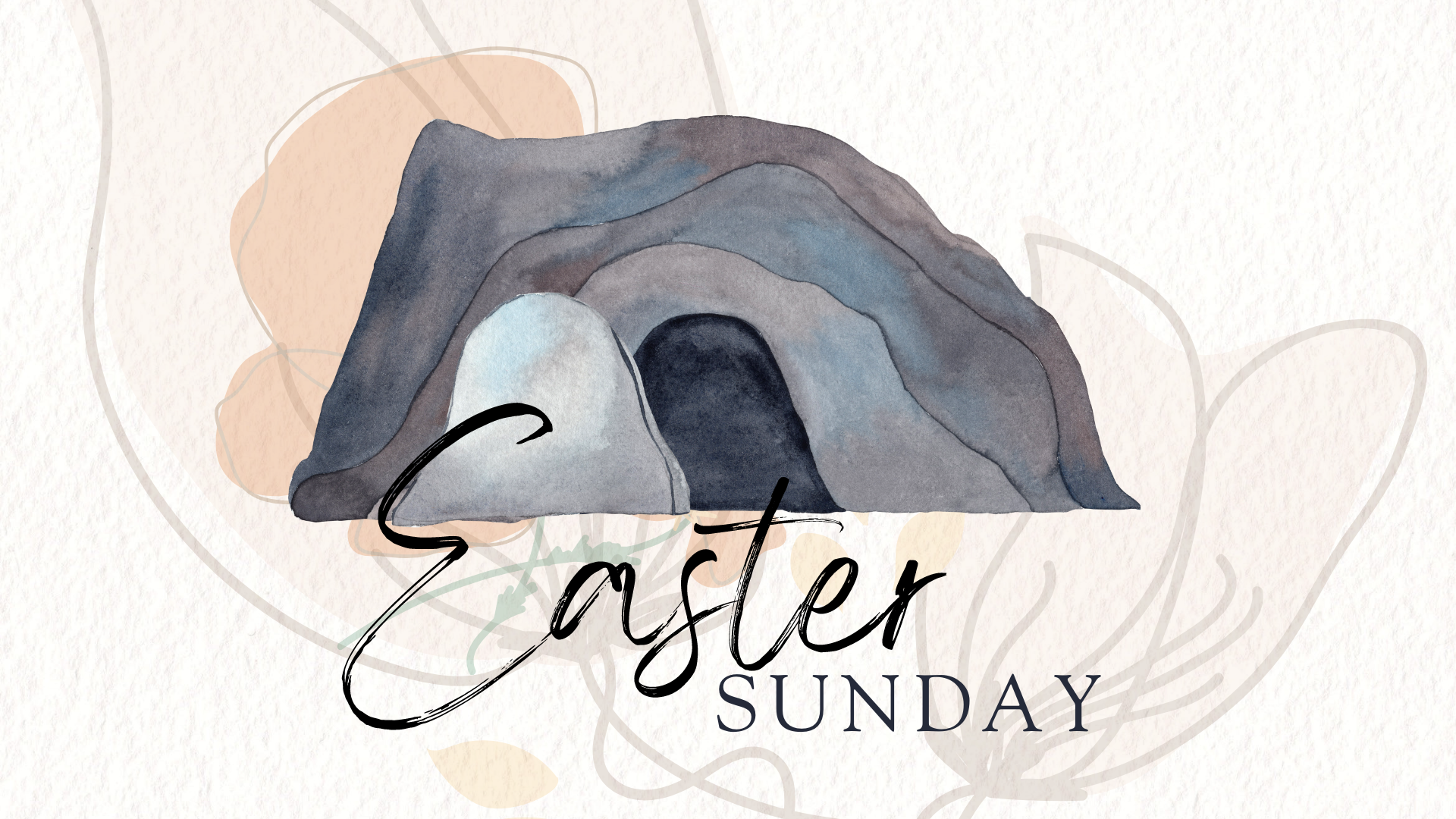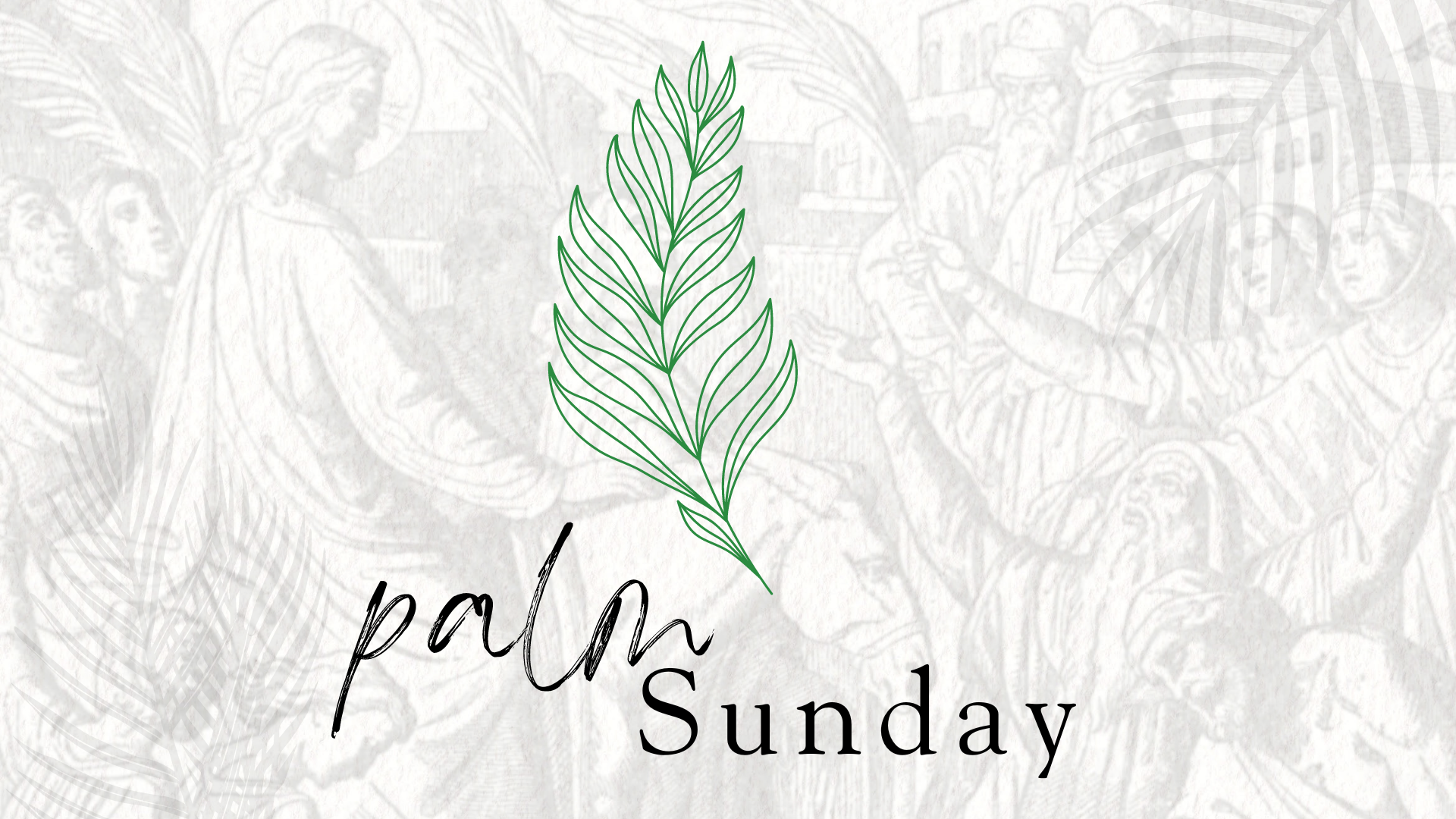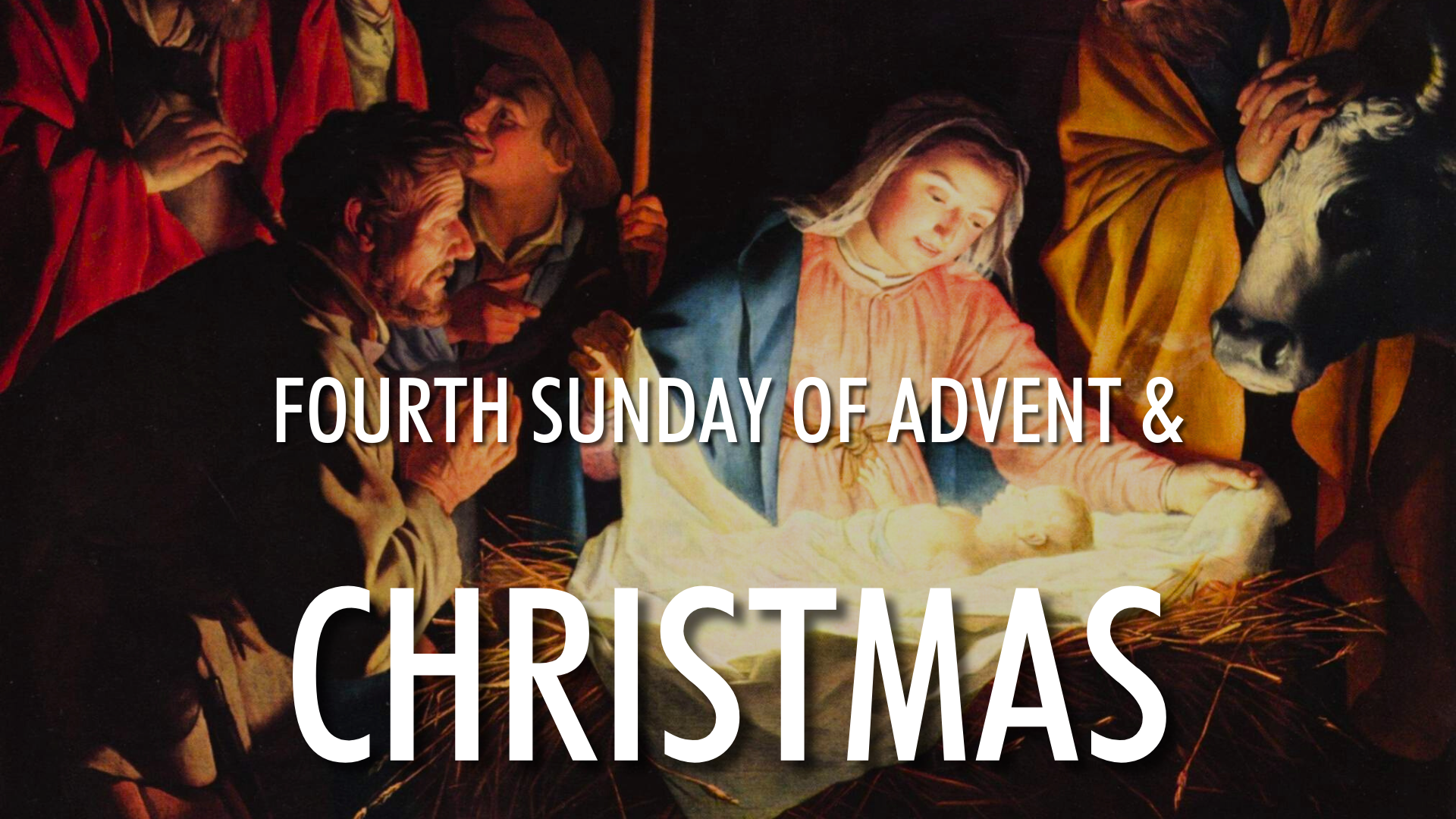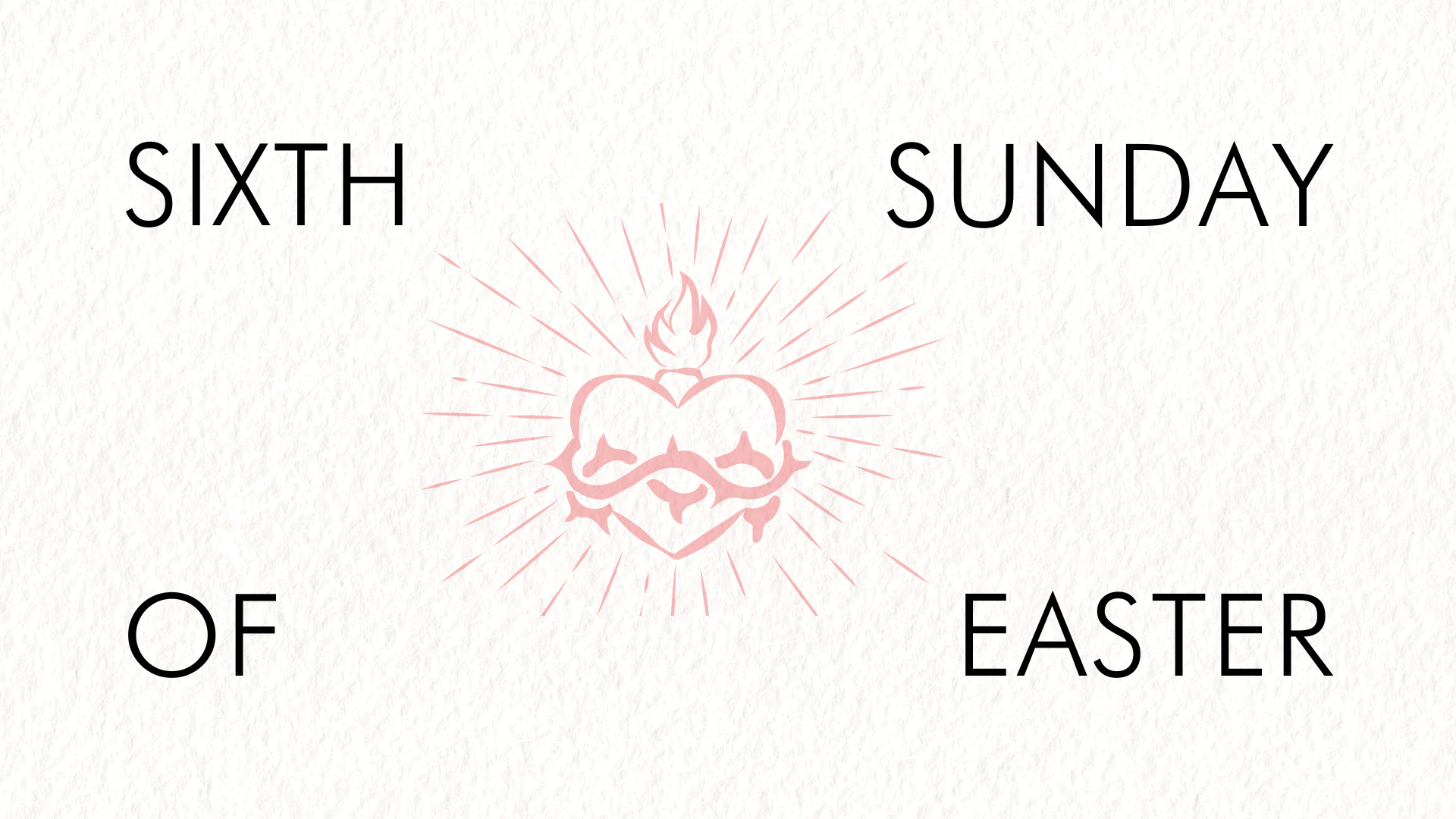
John 15:12-13
This is my commandment: love one another as I love you. No one has greater love than this, to lay down one's life for one's friends.
Sixth Sunday of Easter Readings: Acts, 1 John, John
Reflection:
We often use the word “love.” We say everything from “I love pizza” to “I love my children.” Yet, we hope that people “love” their children in a very different way than the way they “love” pizza. In the Gospel today, Jesus tells us, “This is my commandment: love one another as I love you.” But what did he mean? In Koine Greek, the original language of the New Testament, there are different words for love, each of which means something different. For example, there is philos, which means “brotherly love” or close friendship; hence Philadelphia is the “City of Brotherly Love.” The word Jesus uses, however, is agape, which means to do good for the sake of the other person, without expectation of repayment or return.
For Jesus, it isn’t merely altruism, but the willingness to pour out your own life for the benefit of others, hence he says, “No one has greater love than this, to lay down one’s life for one’s friends.” We see this agape in the passion, death, and resurrection of Jesus; he gave his life for our salvation.
Jesus, in turn, invites us to live in such a loving relationship with him. As he gave his life for us and continues to give himself to us in the Eucharist, we are called to love him and others in the same way. That is why he continues in today’s Gospel, “It was not you who chose me, but I who chose you and appointed you to go and bear fruit that will remain… This I command you: love one another.”
This command to “love” is not a command to have certain feelings. Agape is about what we choose to do and the reason behind it. There is a world of difference between loving our neighbor and liking our neighbor. That is why Christ can command us to even love our enemies. You can love someone you don’t like just as you can like someone you do not truly and authentically love. To love as Christ loves is authentic holiness; it is never easy.
Reflection Questions
- Do I authentically love Christ, or do I merely like him? Am I a disciple or an admirer?
- What are my struggles in willing in the good and doing good for people I don’t like?
- Even with my family and friends, do I have expectations of repayment or return?

